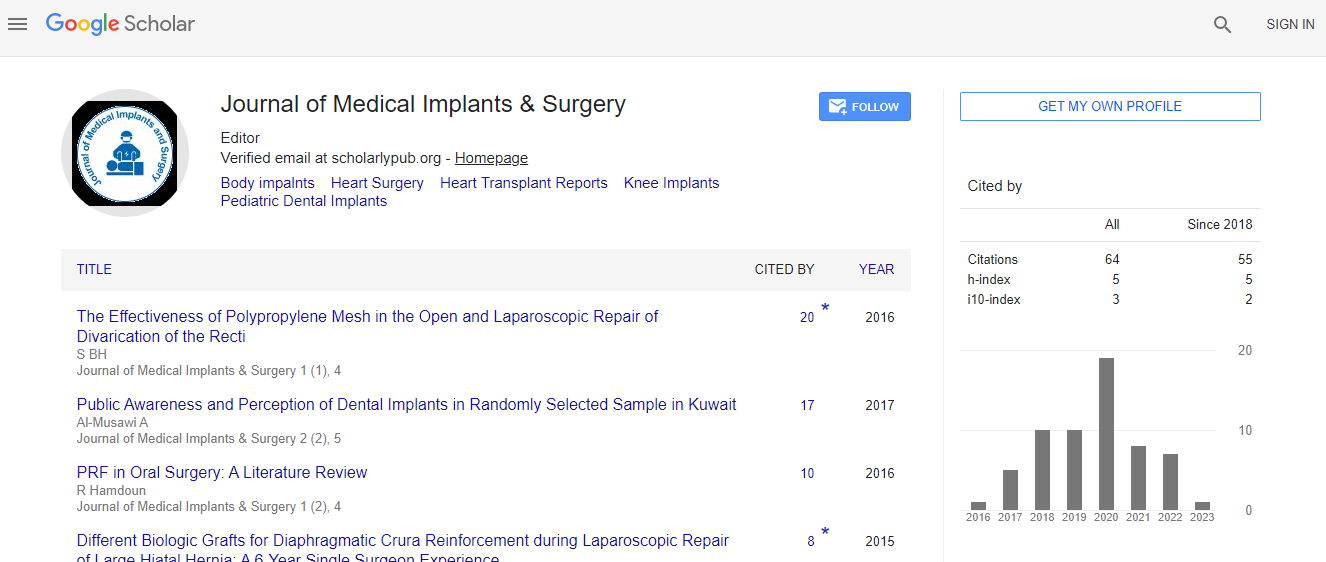Building a 5 kW biocatalytic Power-to-Methan pilot reactor for E-Fuel production and grid balancing in Germany
Abstract
Abstract: The transition of the fossil and nuclear energy system to a post-fossil system comes with many challenges. Germany for example is shutting off 5.5 TWh of renewable power every year, which is the total annual electricity demand of Berlin. Consequentially, sustainable s t o r - age and transportation capacities are required most urgent. The only long-term storage medium with a large capacity is the conversion of electricity into hydrogen and optionally into gas or liquids, like Methane or Methanol. Germany’s natural gas grid allows a storage of more than 300 TWh and allows efficient transportation. Therefore, power-to-gas is about to become the key technology of a renewable energy system. However, in order to operate an economically viable process, the number of operating hours of the expensive plant must be increased compared to the pure overcapacities. Therefore, a Power-to-Gas pilot reactor was build, which was designed to investigate flexibility and economics of producing renewable natural gas. Despite the scale, the setup meets industrial standards. It contains an innovative hydrogen electrolyzer, which reduces production costs, for example because it does not contain rare earths. The gas is metabolized to methane in a stirred tank reactor using an Archea-based thermophilic bioprocess. The CO2 used comes from alcoholic fermentation or biogas. Everything is installed in a overseas container and equipment with all necessary periphery, like the process control system and security devices. Hardware-in-the-loop simulations can be carried out by processing real data from wind power or PV systems. Different models for balancing market, operating reserve and demand side management are developed and transferred into a plant operation profile. In this contribution, technical and systemic framework conditions are going to be explained, the plant technology will be discussed and results from the experimental tests are going to be presented. In addition, economic considerations of the Power-to-Methane technology are going to be made.
Biography: Timo Broeker (43) is an engineer for biotechnology and process technology. He holds a master degree and has been working for almost ten years as a researcher at the Institute of Food Technology North Rhine-Westphalia in Germany. After researching within lignocellulose bioethanol, biorefinery concepts and valorization of brewers spent grain and other seidestreams, he specialized in biocatalytic methanation of renewable hydrogen and CO2 from fermentation.

